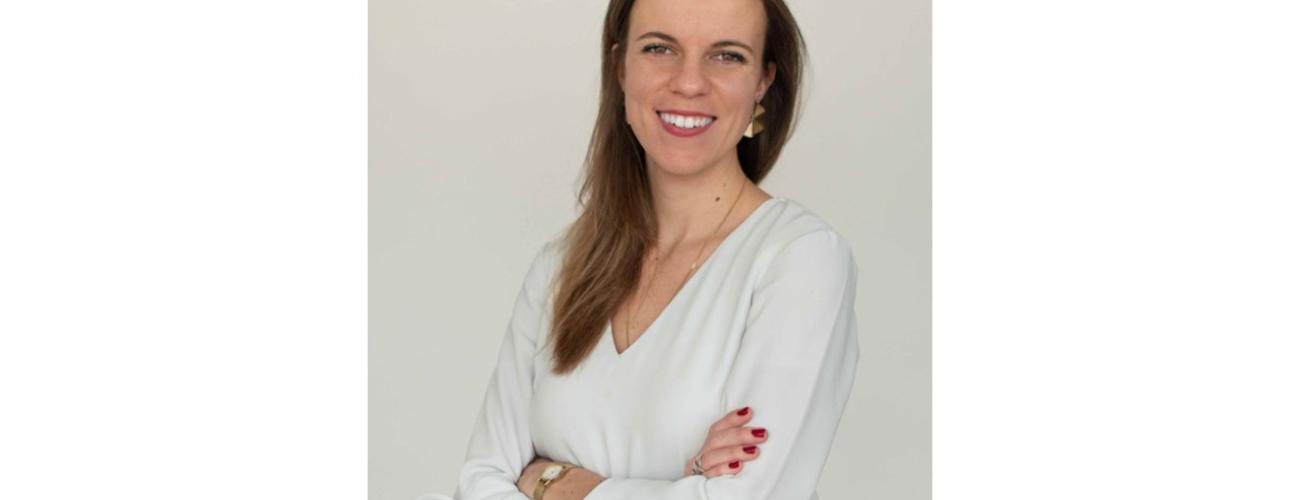
Newsletter 13: interview with Marie-Ségolène Naudin, delegate for Diversity & Teaching at ParisTech
Newsletter 13: interview with Marie-Ségolène Naudin, delegate for Diversity & Teaching at ParisTech
Interview with Marie-Ségolène Naudin, delegate for Diversity & Teaching at ParisTech
Interview with Marie-Ségolène Naudin, delegate for Diversity & Teaching at ParisTech
A special workshop on the theme of “Internationalisation & Diversity” was held on 31st March this year to encourage reflection on how international students are supported. The event brought together French and international students, academic and administrative staff, and others involved in education, internationalisation and diversity initiatives at the ParisTech schools. Representatives from the French Ministry of Higher Education, Research and Innovation (MESRI), the French Ministry for Europe and Foreign Affairs, and the Conference of Deans of French Schools of Engineering (CDEFI) also attended
What were the aims of the workshop?
The idea was to provide a space for discussion where everyone involved – at all levels – could talk about how international students are welcomed and supported at the ParisTech schools and share their understanding of our approach to diversity. We wanted to compare and contrast different operational and strategic visions. The aim wasn’t to provide instant, ready-made answers, but to raise awareness by sharing experience. The ParisTech schools share a common culture, but can nonetheless feel alone when it comes to dealing with these issues, so sharing best practices was a big help.
What key points emerged from the discussions? What did you learn about supporting international students at the ParisTech schools?
Lots of interesting points were raised. Participants gleaned some useful takeaways from the strategies implemented by the government ministries, and the experts present were very interested to hear about the experiences of those “on the ground”. The three groups – government representatives, school staff and students – usually operate in their own circles and don’t necessarily know what’s being done elsewhere. The workshop broke down those barriers and allowed the different stakeholders to discuss this important topic in a way that hadn’t been possible before. Several very concrete issues were identified. For international students it was a unique occasion to tell decision-makers about the problems they face so that these could be addressed at a more macro level and so solutions could be implemented. For example, most international students who arrive in France aren’t prepared for culture shock. They don’t necessarily realise that mindsets and behaviours that are normal in their home country aren’t shared by other cultures. They arrive in France midway through their studies, and find that friendship groups are already formed, that the French used by their peers isn’t the French they learned in the classroom, and that teaching methods are very different. In recognition of this, several schools are organising intercultural awareness sessions for both French and international students, to raise awareness of cultural differences.
What do the ParisTech commissions have planned on these topics?
Over the next few months, we’re planning to talk to international students directly by sending out an anonymous questionnaire to find out about their experience and needs, and get as broad an understanding as possible of the issues international students face when arriving in France and joining one of the ParisTech schools. The Teaching and Diversity commissions want to encourage the schools to set up new initiatives. For example, those that don’t already have one could create an international club or student association to help international students get involved in social activities at their schools. We’ve also just published a list of the different kinds of assistance available to international students at each school.

